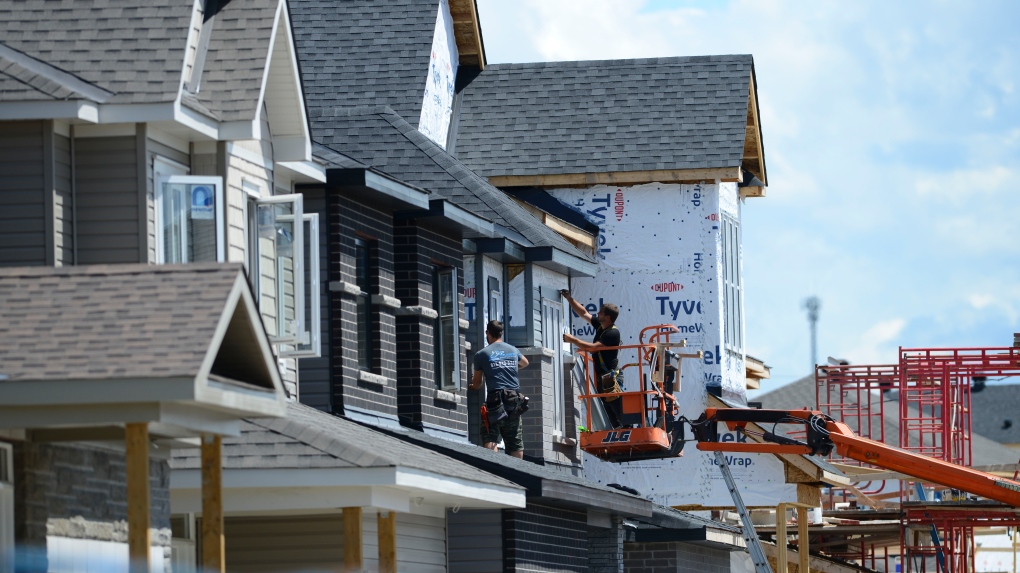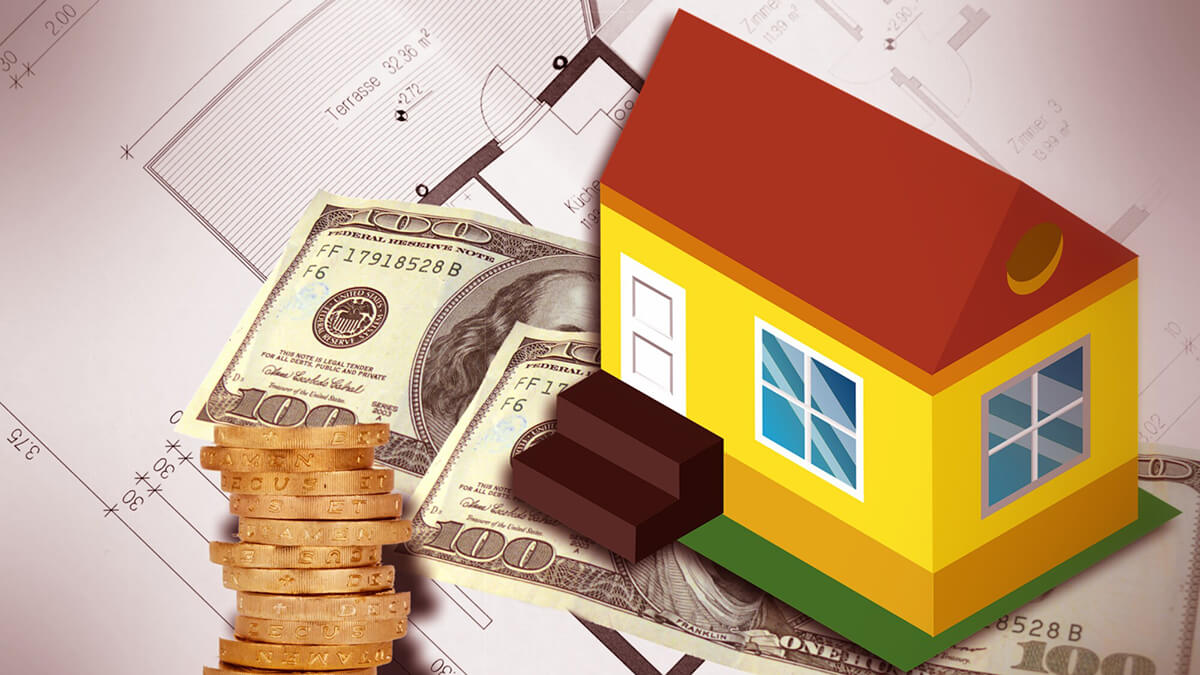The soaring cost of homes in Canada has become a pressing concern, leaving prospective buyers grappling with affordability challenges. In this comprehensive analysis we delve into the reasons propelling the unprecedented rise in housing prices drawing insights from reputable sources to offer a nuanced understanding of the situation.

Driving Forces of Canadian Housing Price Surge
As per research from statista.com, a complex interplay of factors contributes to the escalating housing prices in Canada. Limited land availability strict zoning regulations and a burgeoning population coupled with low-interest rates create a scenario where demand surpasses the supply of new homes exerting upward pressure on prices.
Interest rates play a pivotal role making mortgages more accessible and enticing individuals into the real estate market.
The influx of immigrants and foreign investment, particularly in cities like Toronto and Vancouver amplifies demand while government regulations and urban living dynamics further complicate the landscape leading to the current affordability crisis.
READ ALSO: South Dakota’s Risky Realms: A Closer Look at Unsafe Territories
Navigating Affordable Alternatives in Canada
While major cities witness housing price spikes, some areas in Canada offer more affordable living options. Saguenay, Quebec stands out as the most economical with an average house price of $215,000. Other provinces like Newfoundland and Labrador, New Brunswick and Saskatchewan also present comparatively lower housing prices providing alternatives for budget-conscious individuals.
The article addresses the persistent question of why Canadian houses are more expensive than their counterparts in the US. Factors such as government regulations, taxes and land constraints contribute to the disparity and historical perspectives shed light on the unique challenges faced by the Canadian housing market.




